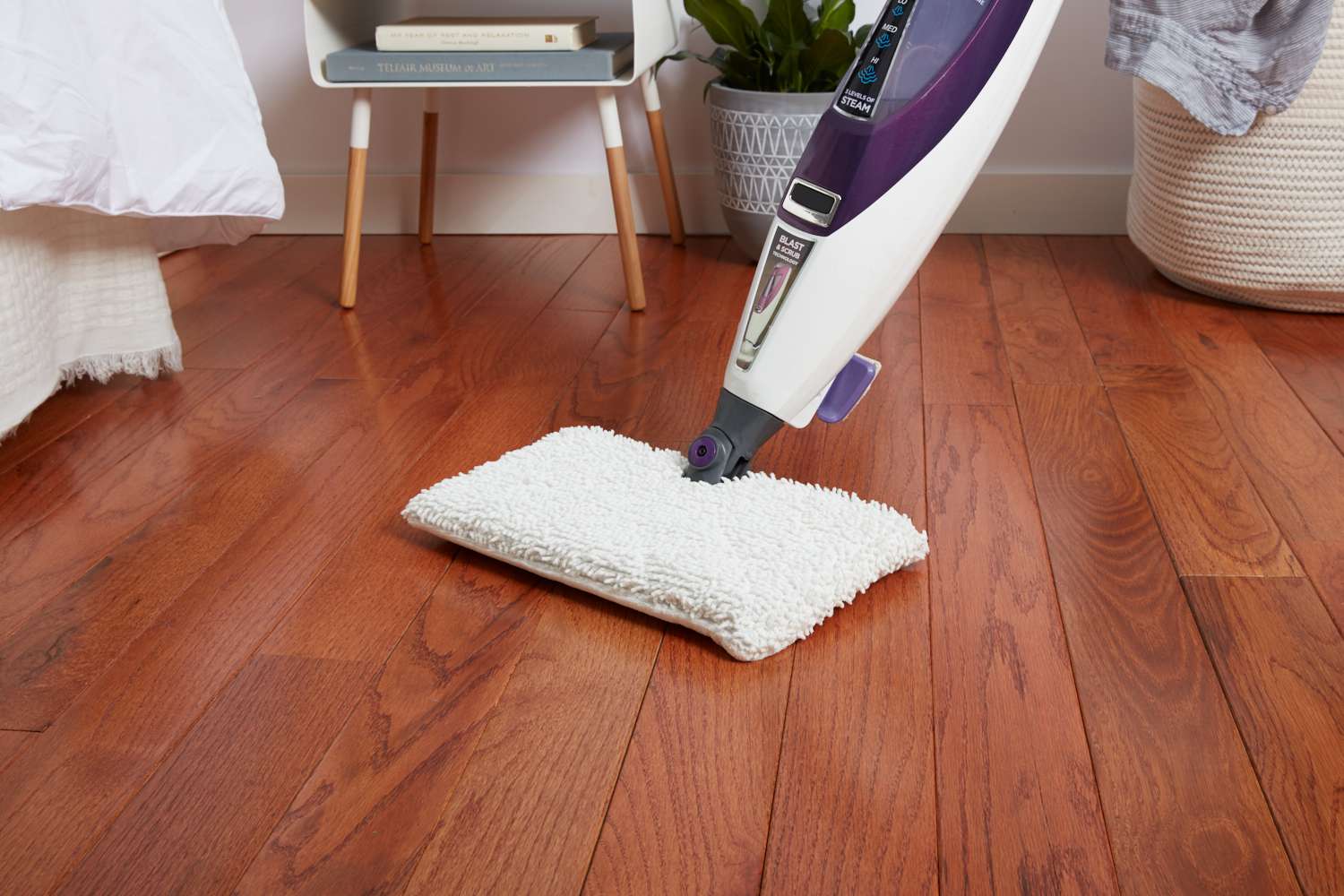

Articles
What Is The Best Wood Floor Cleaner
Modified: February 25, 2024
Looking for the best wood floor cleaner? Read our informative articles to find the most effective products and tips for keeping your floors pristine.
(Many of the links in this article redirect to a specific reviewed product. Your purchase of these products through affiliate links helps to generate commission for Storables.com, at no extra cost. Learn more)
Introduction
Wood floors are a beautiful and timeless addition to any home or space. They add warmth, character, and a touch of elegance. However, to maintain their beauty and longevity, it is essential to clean them regularly. Regular cleaning not only removes dirt and grime but also helps to protect the wood and preserve its natural shine.
Cleaning wood floors may seem like a simple task, but it’s crucial to use the right cleaning products and methods to avoid damaging the wood surface. With countless wood floor cleaners available in the market, choosing the best one can be overwhelming. In this article, we will explore the importance of cleaning wood floors, factors to consider when choosing a wood floor cleaner, natural cleaning solutions, and the best commercial wood floor cleaners available.
Clean wood floors not only enhance the appearance of your space but also contribute to a healthy living environment. Dust, debris, and allergens can accumulate on wood floors over time, leading to respiratory problems and allergies. Regular cleaning helps to eliminate these contaminants, ensuring a clean and safe indoor environment for you and your family.
Additionally, wooden floors are an investment, and maintaining them properly is essential to prolong their lifespan. Regular cleaning helps to remove abrasive particles that can scratch the surface of the wood, preserving its natural beauty. It also prevents the buildup of dirt and residue, which can cause the wood to lose its luster and shine.
When it comes to choosing a wood floor cleaner, it’s important to consider several factors. First and foremost, you need to ensure that the cleaner is specifically formulated for use on wood floors. Using generic or harsh chemical cleaners can harm the wood and cause discoloration or damage to the finish.
Another important factor is the type of wood floor you have. Different types of wood require different cleaning methods and products. For example, hardwood floors may have different cleaning requirements than laminate or engineered wood floors. Understanding the specific needs of your wood floor will help you make the right choice when selecting a cleaner.
Many people prefer to use natural cleaning solutions for their wood floors, as they are environmentally friendly and safer for both the health of the occupants and the wood itself. Natural ingredients such as vinegar, lemon juice, and olive oil can be used to create homemade wood floor cleaners that are effective and gentle.
On the other hand, if you prefer the convenience and assurance of commercial products, there are several excellent wood floor cleaners available in the market. These cleaners are specially formulated to effectively clean and protect wood floors, leaving them looking fresh and new.
In the following sections, we will discuss natural cleaning solutions for wood floors, explore the best commercial wood floor cleaners, provide DIY wood floor cleaning recipes, and share tips for maintaining clean wood floors. By the end of this article, you will have all the information you need to choose the right wood floor cleaner and keep your wood floors looking impeccable.
Key Takeaways:
- Regular cleaning of wood floors is crucial to maintain their beauty, protect against damage, and create a healthy living environment by removing allergens and preserving the finish.
- When choosing a wood floor cleaner, consider factors such as wood type, compatibility, non-toxicity, effectiveness, ease of use, and manufacturer’s recommendations to ensure optimal cleaning without causing damage.
Read more: What Is The Best Laminate Floor Cleaner
Importance of Cleaning Wood Floors
Regular cleaning of wood floors is essential to maintain their beauty, protect the wood, and ensure a healthy living environment. Here are some key reasons why cleaning wood floors is important:
- Removes Dirt and Grime: Over time, dirt, dust, and grime can accumulate on wood floors, making them look dull and dirty. Regular cleaning helps to remove these particles, restoring the natural shine and beauty of the wood.
- Prevents Scratches and Damage: Small particles like sand or debris can act as abrasives and scratch the surface of the wood. By regularly cleaning and removing these particles, you can prevent scratches and damage to your wood floors.
- Eliminates Allergens and Dust Mites: Wood floors can harbor allergens like dust mites, pet dander, and pollen. Regular cleaning helps to remove these allergens, providing a healthier indoor environment for allergy sufferers and reducing the risk of respiratory issues.
- Preserves the Finish: The finish on wood floors can wear off over time due to foot traffic, spills, and sunlight exposure. Cleaning wood floors regularly helps to remove dirt and stains that can degrade the finish, preserving its longevity and protecting the wood beneath.
- Prevents Staining and Discoloration: Accidental spills like food, beverages, or pet urine can stain and discolor wood floors if left unattended. Promptly cleaning up spills can prevent staining and keep your wood floors looking pristine.
- Maintains the Value and Aesthetics: Well-maintained wood floors significantly contribute to the overall value and aesthetics of your home. Regular cleaning helps to retain the beauty and appeal of the wood, enhancing the value of your property.
- Prolongs the Lifespan: A proper cleaning routine can help extend the lifespan of your wood floors. By removing dirt, dust, and other contaminants, you prevent them from embedding into the wood’s surface and causing long-term damage.
- Improves Indoor Air Quality: Clean wood floors contribute to better indoor air quality by reducing the amount of dust and allergens in your home. This can be especially beneficial for those with respiratory conditions or allergies.
By regularly cleaning your wood floors, you not only maintain their appearance but also protect your investment and create a healthier living environment. Whether you choose to use natural cleaning solutions or commercial wood floor cleaners, ensuring proper care and maintenance will ensure that your wood floors stay beautiful for years to come.
Factors to Consider when Choosing a Wood Floor Cleaner
Choosing the right wood floor cleaner is essential to ensure effective cleaning without causing damage to your floors. Here are some key factors to consider when selecting a wood floor cleaner:
- Type of Wood: Different types of wood, such as hardwood, engineered wood, or laminate, may have varying cleaning requirements. Consider the specific type of wood floor you have and choose a cleaner that is compatible with it.
- Compatibility: Ensure that the cleaner you choose is specifically formulated for use on wood floors. Avoid generic or harsh chemical cleaners, as they can cause damage or discoloration to the wood or finish.
- Surface Finish: Some wood floors have a protective surface finish, such as polyurethane or wax, while others are unfinished or have an oil finish. Check the manufacturer’s recommendations to ensure that the cleaner is suitable for your specific type of floor finish.
- Gentle and Non-Toxic: Opt for a wood floor cleaner that is gentle and non-toxic. Harsh chemicals can strip away the protective finish or cause health issues for both humans and pets. Look for cleaners that are labeled as eco-friendly or natural.
- Effectiveness: Look for a wood floor cleaner that effectively removes dirt, grime, and stains without leaving a residue. Read customer reviews or seek recommendations to ensure that the cleaner you choose is effective in cleaning wood floors.
- Easy to Use: Consider the ease of use of the cleaner. Look for products that require minimal effort and can be easily applied to the floor. Some cleaners come in spray bottles or convenient mop-ready solutions.
- Scent: Consider the scent of the cleaner. Some people may prefer unscented or mild scents, while others may enjoy the fragrance. Choose a cleaner with a scent that aligns with your personal preference.
- Manufacturer’s Recommendations: Always refer to the manufacturer’s recommendations for cleaning your specific type of wood floor. They may provide specific instructions or caution against using certain cleaners that could damage the floor.
- Price and Value: Consider the price and value of the wood floor cleaner. While cost is important, it is also crucial to balance it with the quality and effectiveness of the product. Look for cleaners that offer good value for money.
By considering these factors, you can choose a wood floor cleaner that is suitable for your specific needs and ensures optimal cleaning and care for your wood floors. Remember to always test the cleaner in a small, inconspicuous area of the floor before applying it to the entire surface to ensure compatibility and to avoid any potential damage.
Natural Cleaning Solutions for Wood Floors
Many people prefer using natural cleaning solutions for their wood floors as they are eco-friendly, safe, and gentle on the wood surface. Here are some effective natural cleaning solutions that you can try:
- Vinegar and Water: Vinegar is a versatile natural cleaner that can effectively remove dirt and grime from wood floors. Mix equal parts of vinegar and water in a spray bottle, then spray onto the floor and wipe clean with a microfiber mop or cloth. Avoid using undiluted vinegar as it can be too acidic for some wood finishes.
- Lemon Juice and Water: Lemon juice is another natural alternative for cleaning wood floors. Mix lemon juice with water in a spray bottle, then spray onto the floor and wipe clean. Lemon juice not only cleans but also leaves a fresh scent.
- Olive Oil and White Vinegar: To add shine to your wood floors, mix equal parts of olive oil and white vinegar. Apply a small amount to a clean cloth and rub it onto the surface of the wood. This mixture not only cleans but also conditions the wood, restoring its natural luster.
- Tea Bags: Tea contains natural tannins that can help enhance the color and shine of wood floors. Steep a few black tea bags in boiling water, then let the water cool. Dip a soft cloth or mop into the tea-infused water and wring it out well. Clean the floor using the damp cloth or mop, then dry it thoroughly.
- Baking Soda and Water: Baking soda is a natural deodorizer and can help remove odors from wood floors. Mix baking soda with water to form a paste, then apply the paste to a soft cloth and gently scrub the floor. Rinse with water and dry thoroughly.
- Essential Oils: Adding a few drops of essential oils, such as lavender or pine, to your natural cleaning solution can provide a pleasant aroma while cleaning the wood floors. Mix the essential oils with water or vinegar and use it to clean the floors as usual.
When using natural cleaning solutions, it’s important to keep in mind that excessive moisture can damage wood floors. Always spray the cleaning solution onto a cloth or mop rather than directly onto the floor, and avoid using excessive water. Additionally, make sure to dry the floor thoroughly after cleaning to prevent any moisture from seeping into the wood.
It’s always a good idea to test any natural cleaning solution on a small, inconspicuous area of the floor before using it on the entire floor surface. This will ensure that the solution is safe to use and does not cause any adverse reactions or damage to the wood or finish.
By using these natural cleaning solutions, you can effectively clean your wood floors while reducing your environmental impact and keeping your living space safe and healthy.
When cleaning wood floors, use a pH-neutral cleaner to avoid damaging the finish. Mix the cleaner with water according to the manufacturer’s instructions and avoid using excessive water to prevent warping or buckling.
Best Commercial Wood Floor Cleaners
While natural cleaning solutions are a popular choice for wood floors, there are also several excellent commercial wood floor cleaners available in the market. These cleaners are specially formulated to effectively clean and protect your wood floors. Here are some of the best commercial wood floor cleaners:
- Bona Hardwood Floor Cleaner: Bona is a trusted brand known for its high-quality wood floor care products. Their Hardwood Floor Cleaner is a pH-neutral formula that effectively cleans and removes dirt and grime without leaving a residue. It is safe for use on all types of wood floors and leaves behind a streak-free finish.
- Method Squirt + Mop Wood Floor Cleaner: Method offers a range of eco-friendly cleaning products, including their Squirt + Mop Wood Floor Cleaner. This cleaner is non-toxic, biodegradable, and made with naturally derived ingredients. It is easy to use, simply squirt it directly onto the floor and mop it clean without rinsing.
- Murphy’s Oil Soap: Murphy’s Oil Soap is a classic wood floor cleaner that has been trusted for generations. It is made with 98% naturally derived ingredients, including pure vegetable oil, and effectively cleans and nourishes wood floors. It is safe for use on all finished wood surfaces.
- Black Diamond Wood & Laminate Floor Cleaner: Black Diamond Wood & Laminate Floor Cleaner is a highly rated cleaner that is specifically designed for use on wood and laminate floors. It is a hypoallergenic formula that removes dirt and grime without streaking or dulling the finish of your wood floors.
- Orange Glo Hardwood Floor Everyday Cleaner: Orange Glo Hardwood Floor Everyday Cleaner is a convenient and effective cleaner that is safe to use on all types of wood floors. It is specially formulated to remove dirt, dust, and grime while leaving behind a fresh orange scent.
When using commercial wood floor cleaners, it’s important to carefully read and follow the instructions provided by the manufacturer. Some cleaners may require dilution, while others can be used directly on the floor. It’s also advisable to test the cleaner on a small, inconspicuous area of the floor before using it on the entire surface to ensure compatibility and to avoid any potential damage.
Ultimately, the best commercial wood floor cleaner for you may depend on factors such as your specific type of wood flooring, personal preferences, and any specific concerns or requirements you may have. It’s always a good idea to do some research, read customer reviews, and seek recommendations from professionals or trusted sources to find the right cleaner for your wood floors.+
Read more: What To Mop Wood Floors With
DIY Wood Floor Cleaning Recipes
If you prefer to make your own wood floor cleaner using simple ingredients found around the house, there are several effective DIY recipes you can try. These recipes are easy to make, cost-effective, and can help keep your wood floors clean and shiny. Here are a few DIY wood floor cleaning recipes:
- Vinegar and Olive Oil Mixture: Mix ¼ cup of white vinegar with 1 tablespoon of olive oil in a spray bottle. Shake well to combine. Spray the mixture onto the wood floor and wipe clean with a microfiber cloth. The vinegar helps to remove dirt and grime, while the olive oil adds a natural shine to the wood.
- Water and Dish Soap Solution: Fill a bucket with warm water and add a few drops of mild dish soap. Mix well to create a soapy solution. Dip a mop or soft cloth into the solution, wring out any excess liquid, and mop or wipe the wood floor. Avoid using excessive water as it can damage the wood.
- Essential Oil Wood Floor Cleaner: In a spray bottle, combine 1 cup of distilled water, ½ cup of white vinegar, and 10-15 drops of your favorite essential oil (such as lavender or lemon). Shake well to mix. Spray the solution onto the floor and wipe clean with a microfiber cloth. The essential oil will leave a refreshing scent while cleaning the wood.
- Baking Soda and Water Paste: Mix a small amount of baking soda with water to create a thick paste. Apply the paste to a soft cloth and gently scrub the wood floor in a circular motion to remove stains or grime. Rinse the area with water and dry thoroughly.
- Tea and Warm Water Solution: Steep a few tea bags in a cup of boiling water for a few minutes. Let the tea cool, then pour it into a spray bottle and dilute it with warm water. Spray the solution onto the wood floor and wipe clean with a microfiber cloth or mop. The tannins in the tea can enhance the natural shine of the wood.
When using DIY wood floor cleaning recipes, it’s important to remember that excessive moisture can damage wood floors. Always spray the solution onto a cloth or mop rather than directly onto the floor and avoid using excessive water. After cleaning, make sure to dry the floor thoroughly to prevent any moisture from seeping into the wood.
It’s always a good idea to test any DIY cleaning solution on a small, inconspicuous area of the floor before using it on the entire floor surface. This will ensure that the solution is safe to use and does not cause any adverse reactions or damage to the wood or finish.
By utilizing these DIY wood floor cleaning recipes, you can keep your floors clean and well-maintained while avoiding harsh chemicals and saving money.
Tips for Maintaining Clean Wood Floors
To keep your wood floors looking clean and beautiful for years to come, regular maintenance is essential. Here are some tips to help you maintain clean wood floors:
- Sweep or Vacuum Regularly: Regular sweeping or vacuuming helps remove dirt, dust, and debris that can scratch the wood surface. Use a soft-bristle broom or a vacuum cleaner with a hardwood floor attachment to avoid scratching the wood.
- Use Mats and Area Rugs: Place mats at the entrances and high-traffic areas to catch dirt and moisture that would otherwise be tracked onto the wood floors. Area rugs in high-use areas can also help protect the wood from scuffs and wear.
- Wipe up Spills Immediately: Accidental spills can quickly penetrate the wood surface and cause staining or damage if left unattended. Be sure to clean up any spills promptly using a clean, damp cloth to prevent them from setting into the wood.
- Avoid Excessive Water: Wood and water are not best friends. Avoid using excessive water or wet mops when cleaning your wood floors. Instead, opt for damp mopping or using a well-wrung mop or cloth to avoid moisture seeping into the wood and causing damage.
- Avoid Harsh Chemicals: Harsh chemical cleaners can strip the protective finish or cause discoloration to the wood. Stick to gentle and pH-neutral cleaners specifically formulated for wood floors or use natural cleaning solutions to protect the wood’s integrity.
- Protect from Scratches: Place felt pads or furniture protectors under the legs of furniture to prevent scratches when moving or rearranging items. Avoid dragging heavy furniture across the floor, and use caution when wearing high heels or shoes with sharp, hard soles.
- Trim Pet Nails: If you have pets, keep their nails trimmed to prevent scratches on the wood floors. Additionally, clean up any pet accidents promptly to prevent staining and odors.
- Regularly Dust and Polish: Dusting your wood floors with a microfiber cloth or mop helps to remove loose dirt and debris. Periodically, use a wood floor polish to nourish the surface and provide extra protection against wear and tear.
- Keep Humidity Levels Balanced: Wood floors are sensitive to changes in humidity, which can cause them to expand or contract. Use a humidifier or dehumidifier to keep the humidity levels in your home balanced, ideally between 35% to 55%, to prevent gaps or warping of the wood.
- Follow Manufacturer’s Guidelines: Refer to the guidelines and recommendations provided by the manufacturer of your wood floors for specific care instructions. They may have specific recommendations for cleaning products and techniques based on the type of wood and finish used.
By implementing these tips and incorporating regular maintenance into your cleaning routine, you can ensure that your wood floors remain clean, well-preserved, and provide long-lasting beauty to your home.
Conclusion
Wood floors add a timeless beauty and elegance to any space, but they require regular cleaning and maintenance to keep them looking their best. By understanding the importance of cleaning wood floors and considering the factors when choosing a wood floor cleaner, you can ensure effective cleaning without causing any damage.
There are various options available for cleaning wood floors, ranging from natural cleaning solutions to commercial wood floor cleaners. Natural solutions, such as vinegar and water or lemon juice and water, offer eco-friendly and gentle cleaning alternatives. Commercial wood floor cleaners, like Bona Hardwood Floor Cleaner or Method Squirt + Mop Wood Floor Cleaner, are specifically formulated for optimal cleaning results.
For those who prefer a DIY approach, there are several effective DIY wood floor cleaning recipes using ingredients commonly found at home. Recipes such as vinegar and olive oil mixture, water and dish soap solution, or essential oil wood floor cleaner are cost-effective and safe for your wood floors.
To maintain clean wood floors, sweep or vacuum regularly, wipe up spills immediately, and protect them from scratches using mats or area rugs. Avoid excessive water and harsh chemicals, trim pet nails, and keep humidity levels balanced. Regular dusting and polishing, following manufacturer’s guidelines, will further help preserve the beauty and longevity of your wood floors.
In conclusion, by investing time and effort in cleaning and maintaining your wood floors, you can enjoy their natural beauty for years to come. Whether you choose natural cleaning solutions, commercial cleaners, or DIY recipes, the key is to be consistent and attentive in your cleaning routine. With proper care, your wood floors will remain a stunning centerpiece in your home, providing warmth and grace to any room.
Frequently Asked Questions about What Is The Best Wood Floor Cleaner
Was this page helpful?
At Storables.com, we guarantee accurate and reliable information. Our content, validated by Expert Board Contributors, is crafted following stringent Editorial Policies. We're committed to providing you with well-researched, expert-backed insights for all your informational needs.
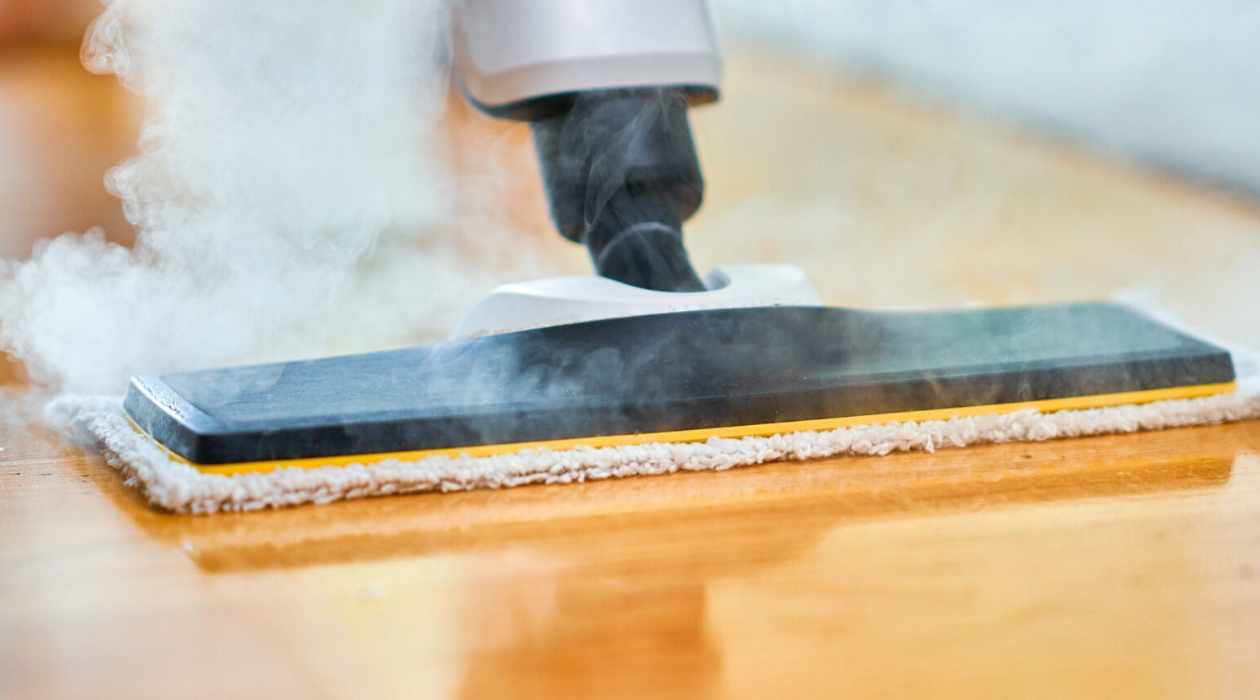
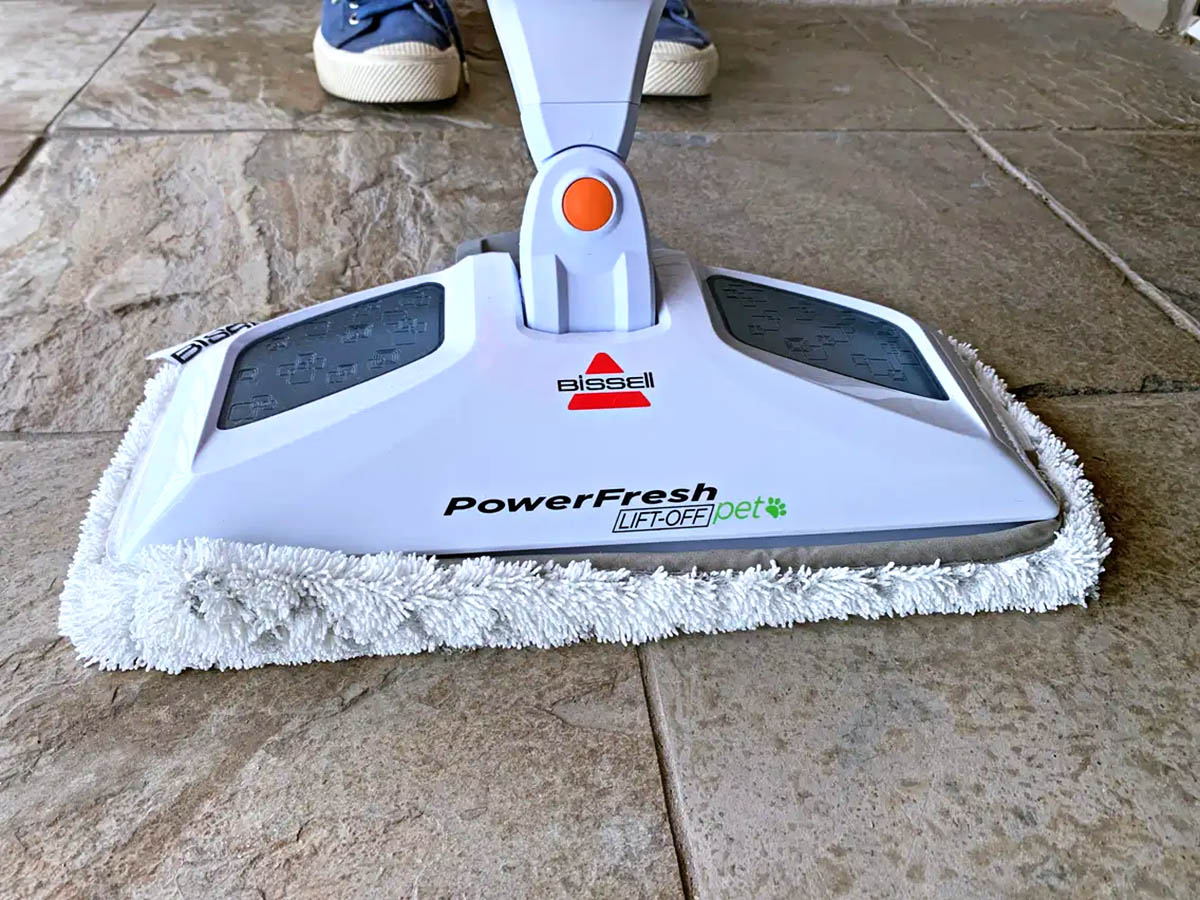
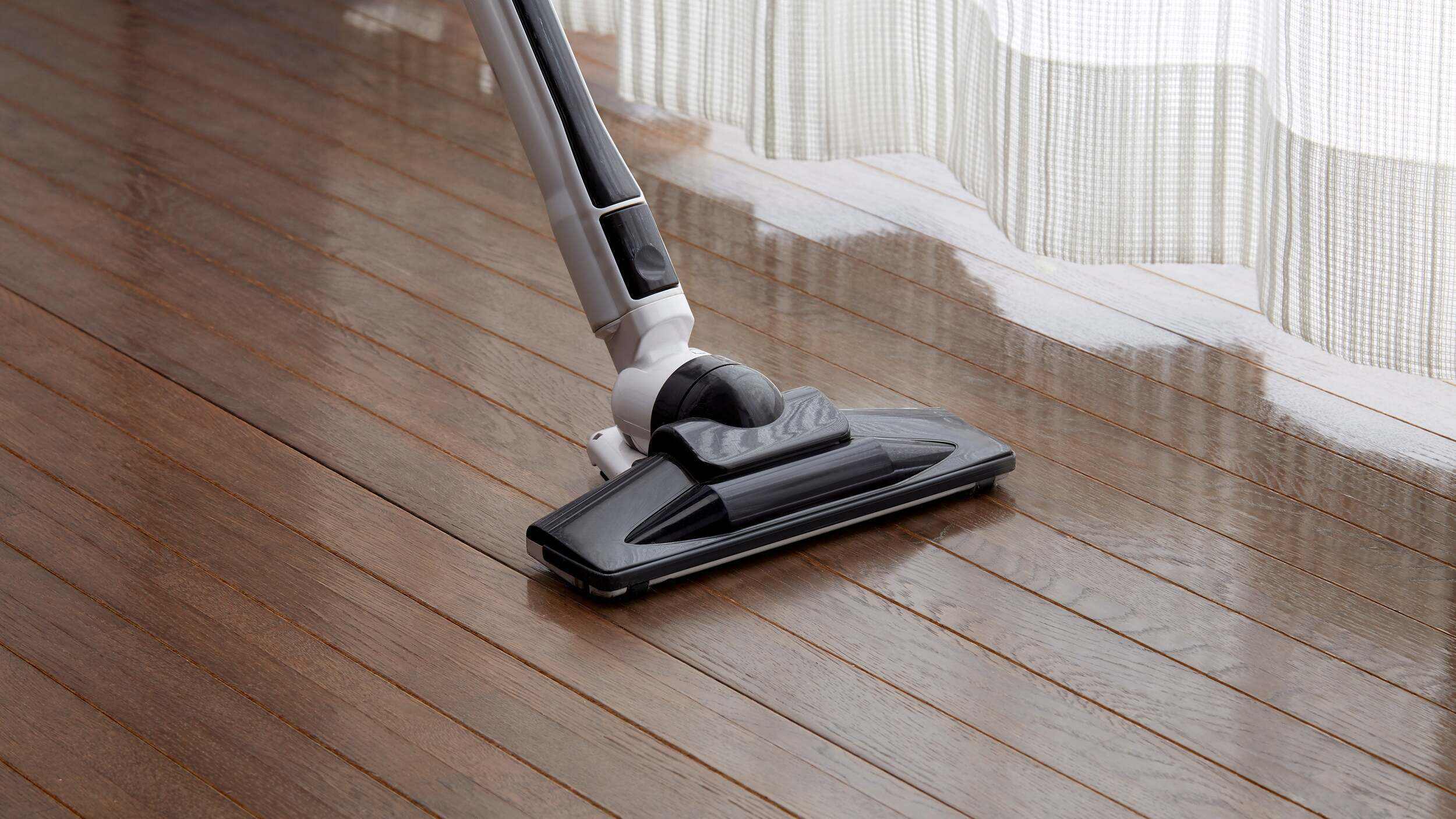
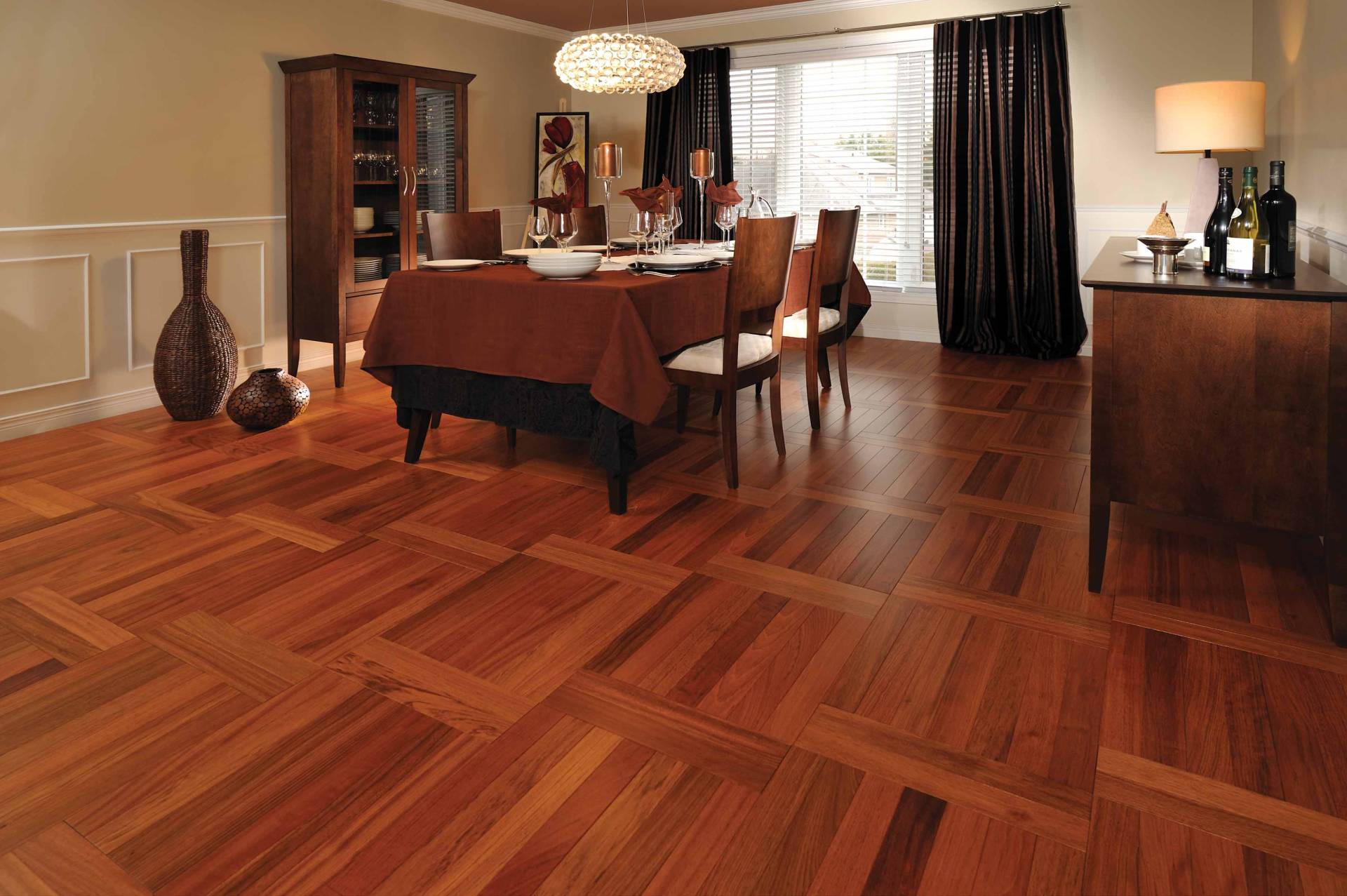
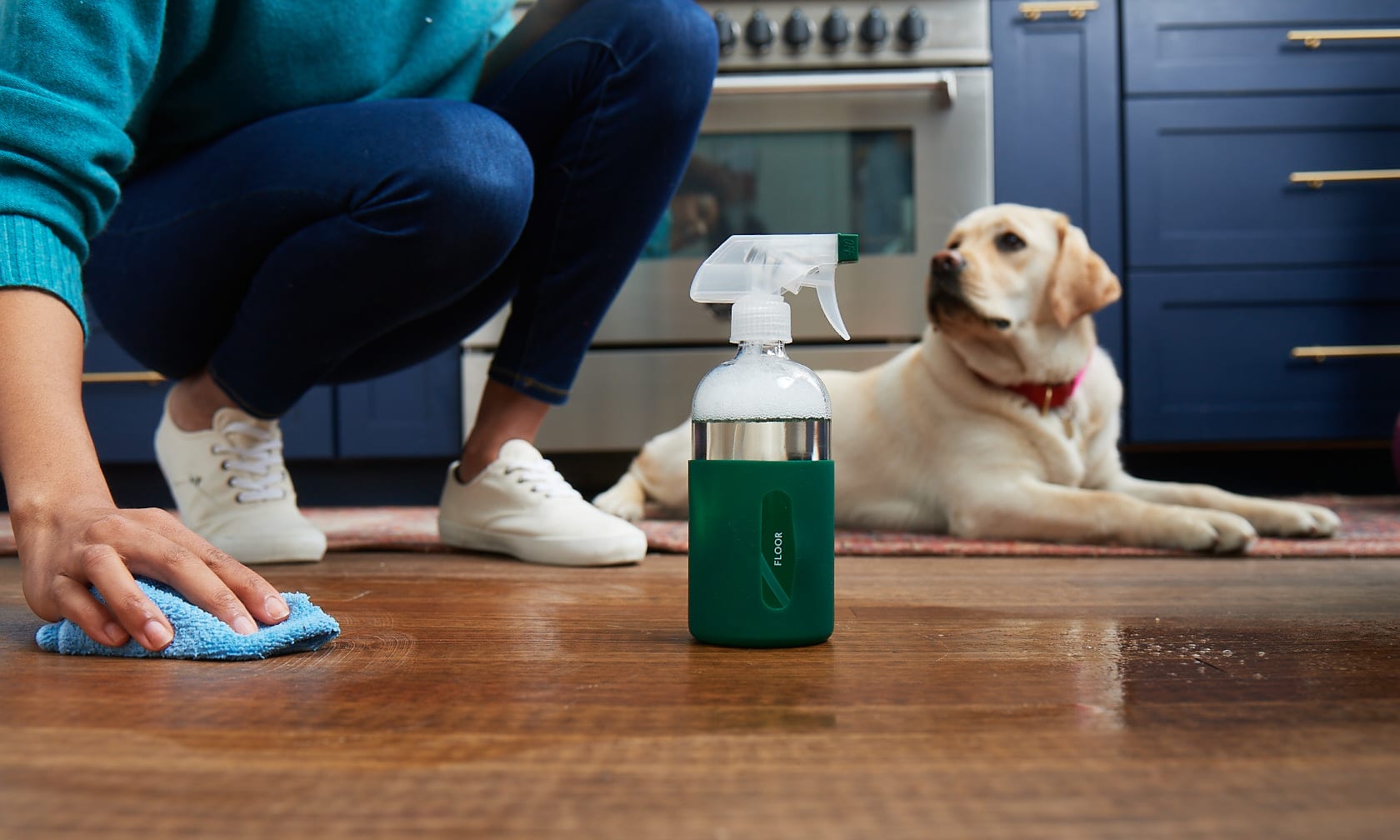
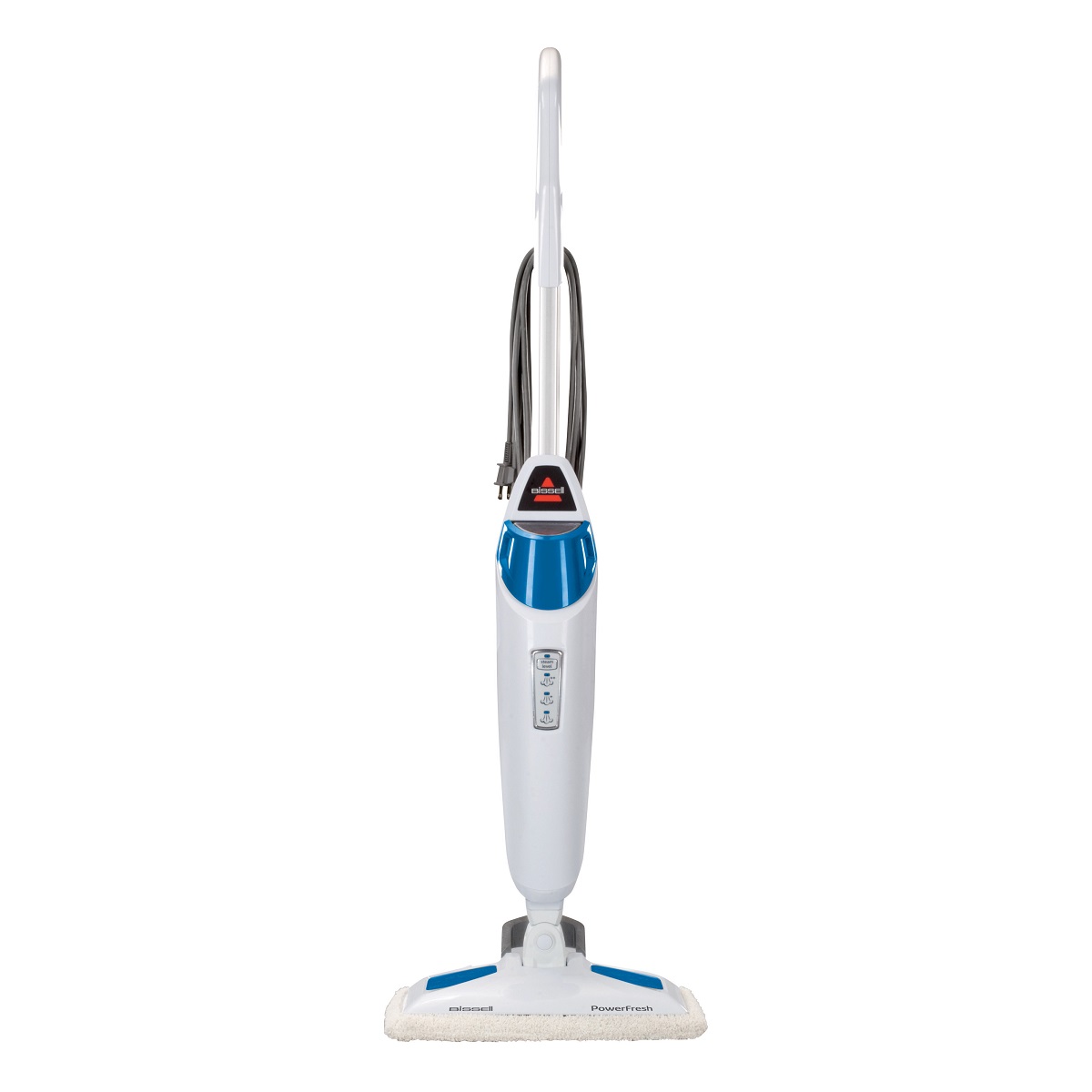
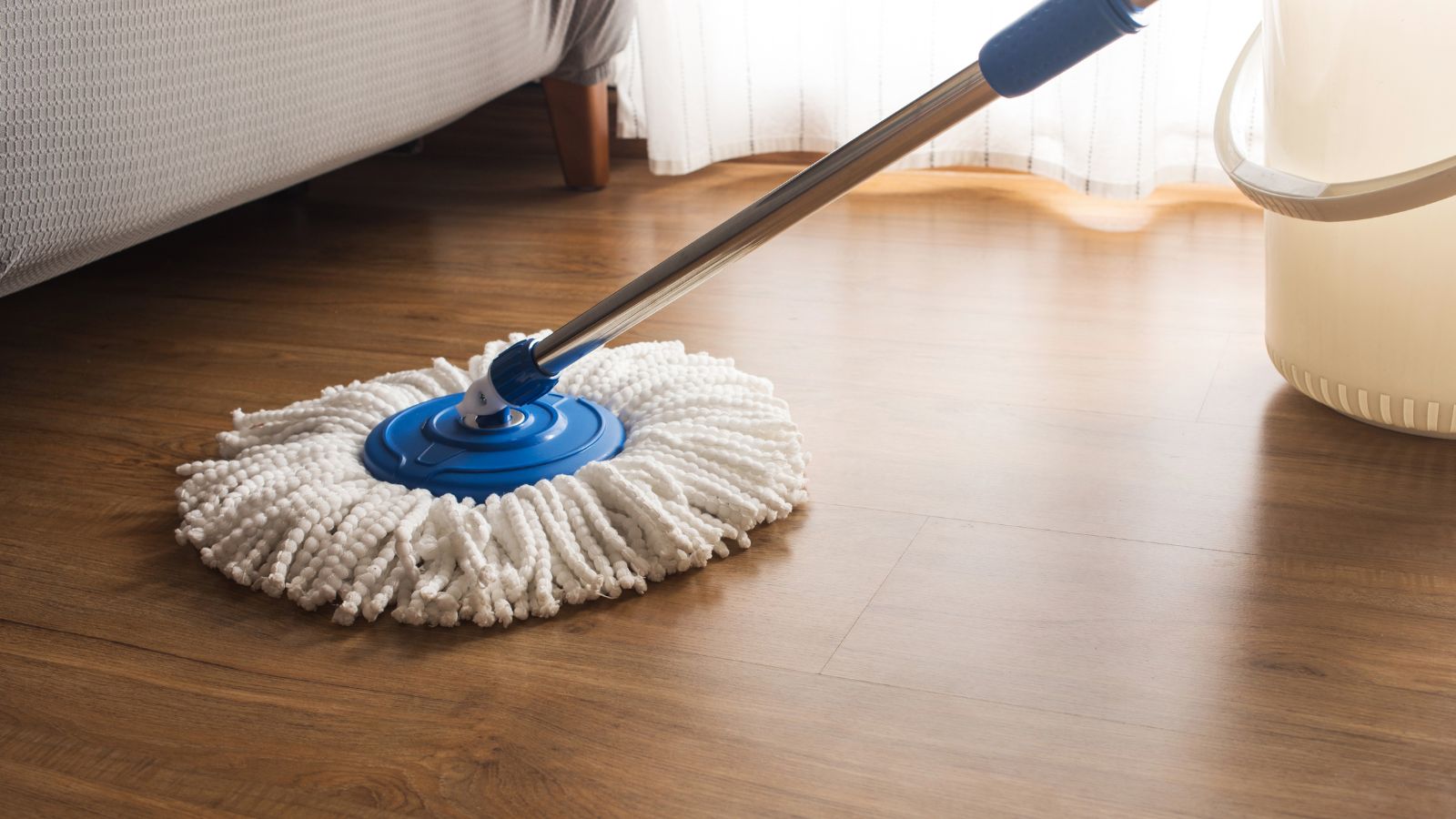
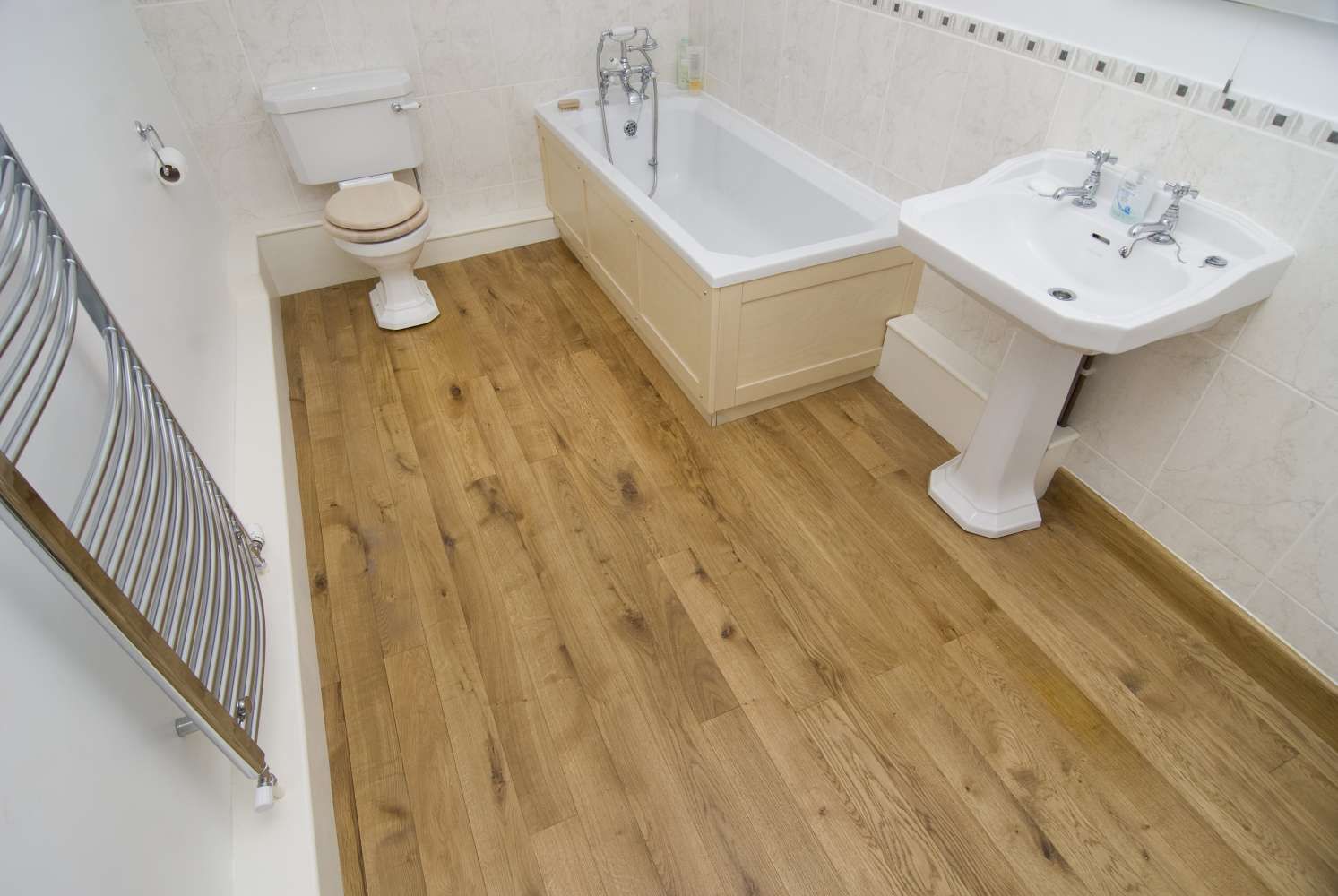
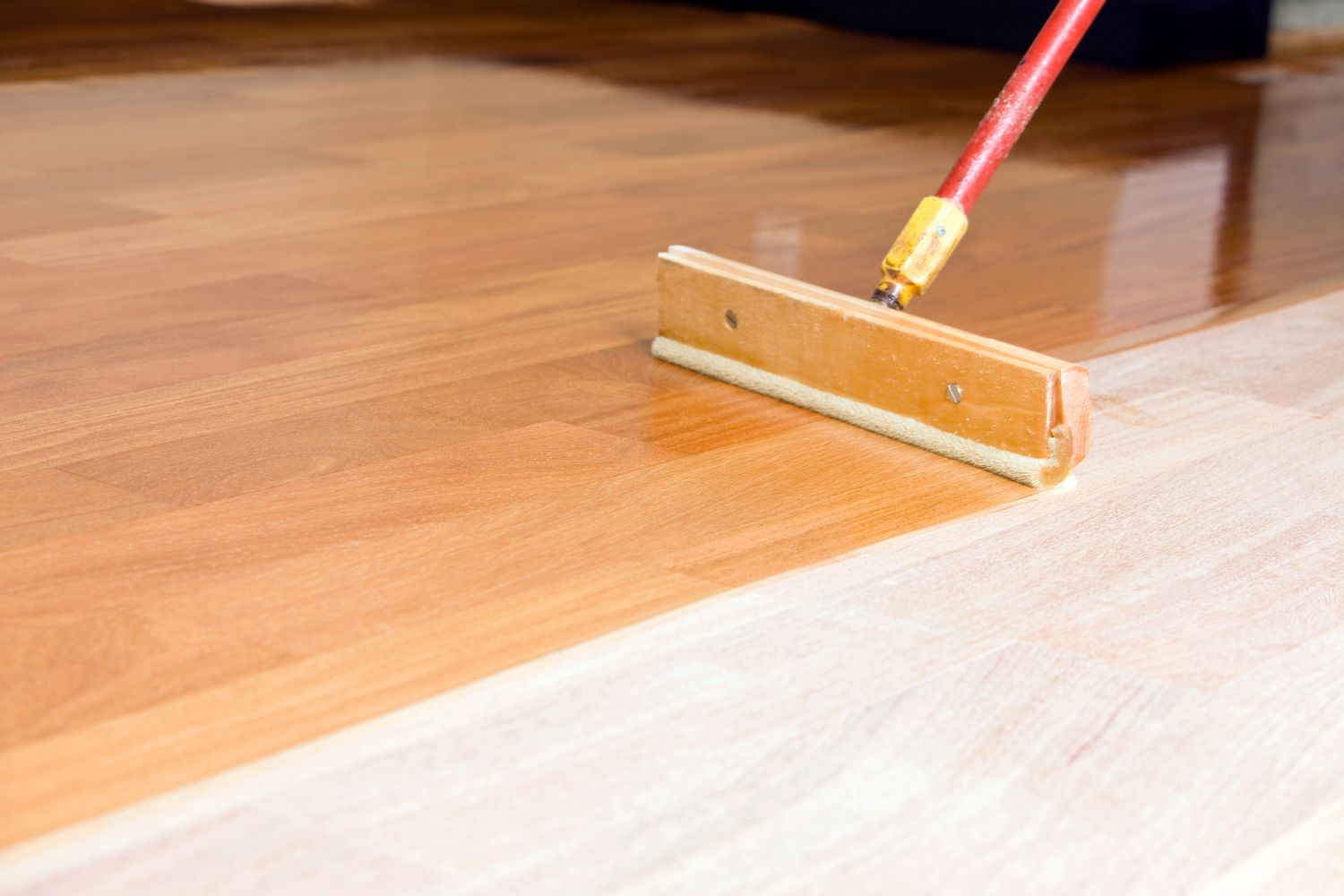
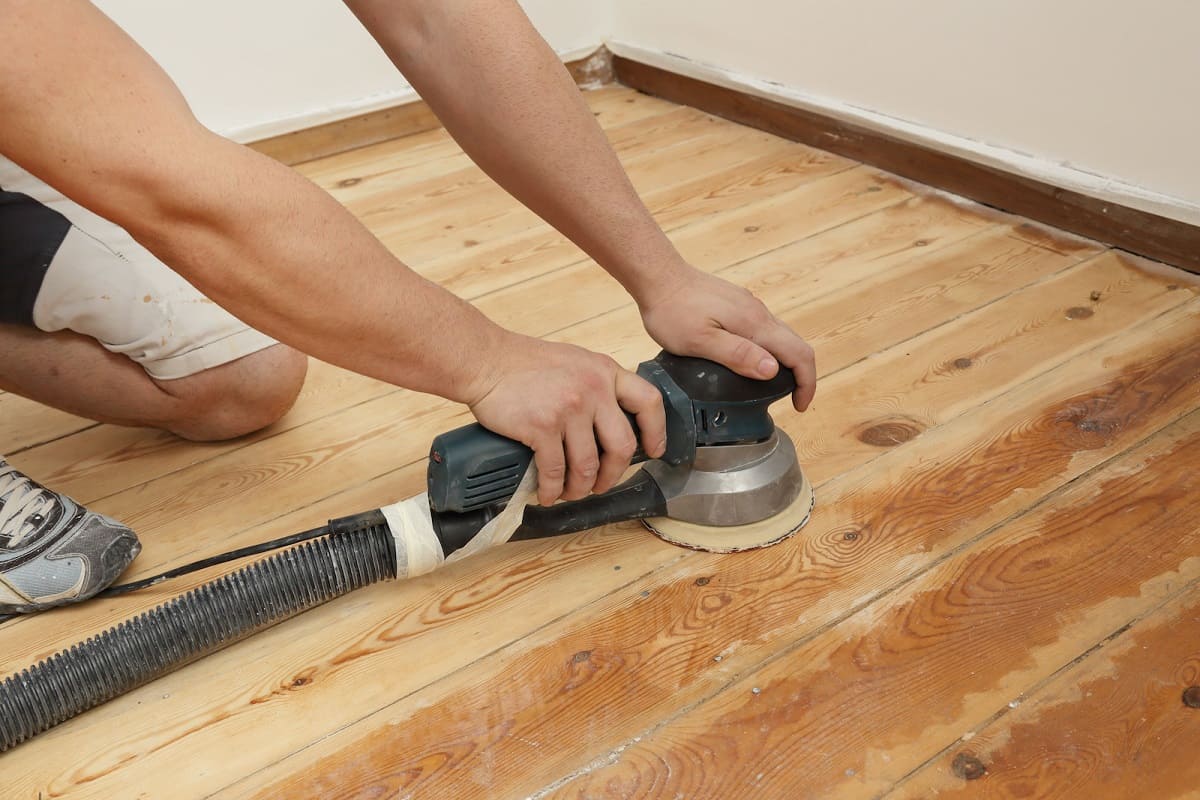
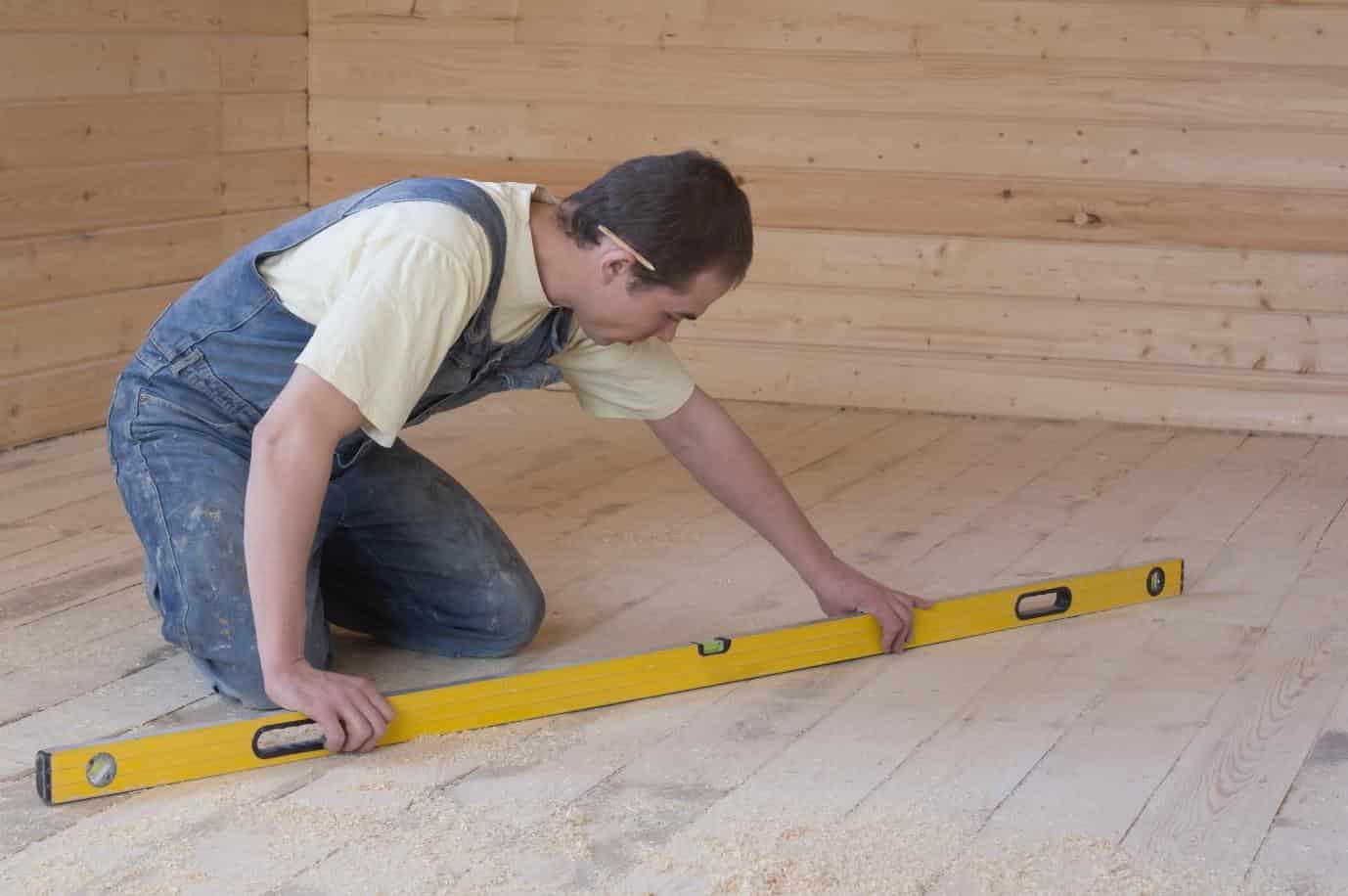
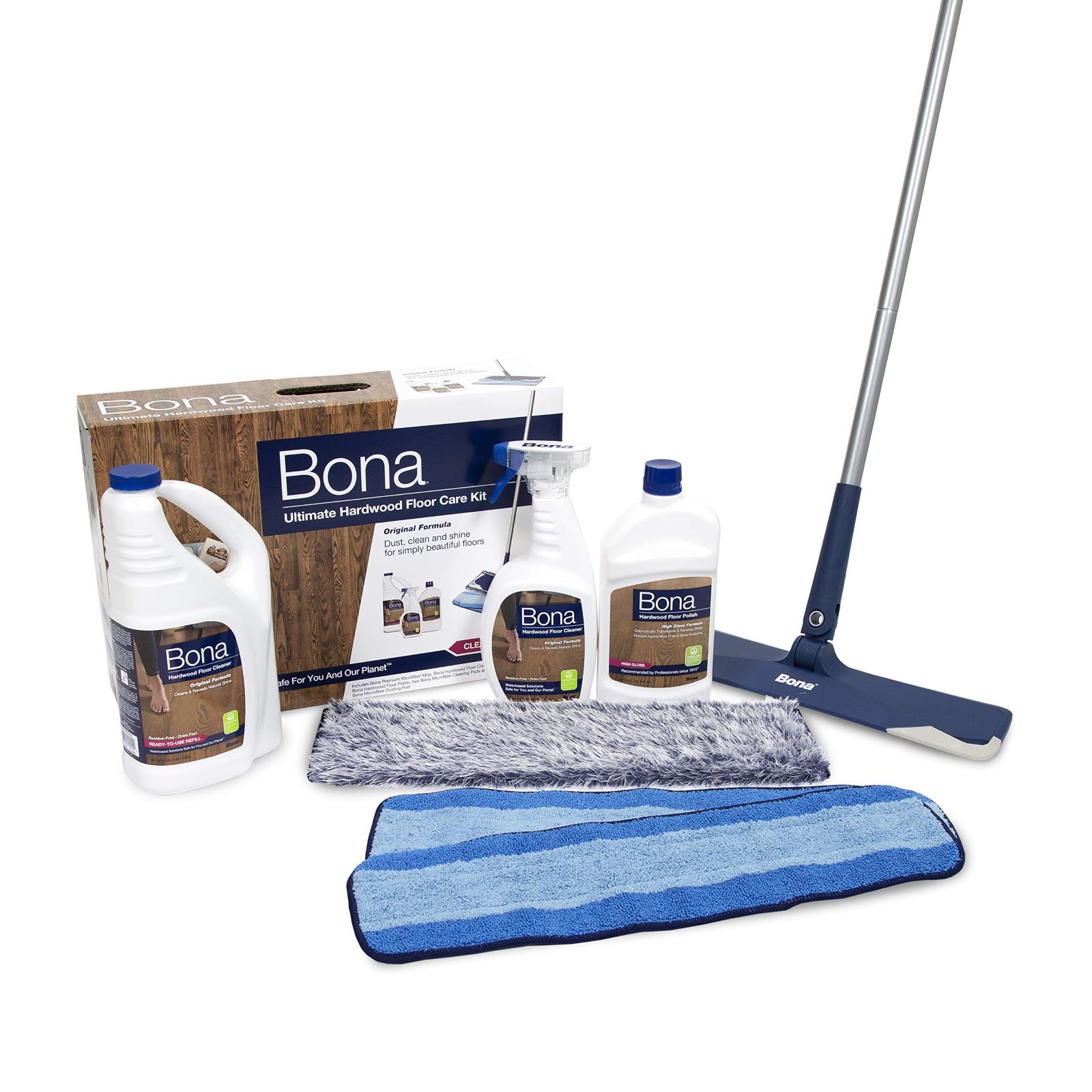
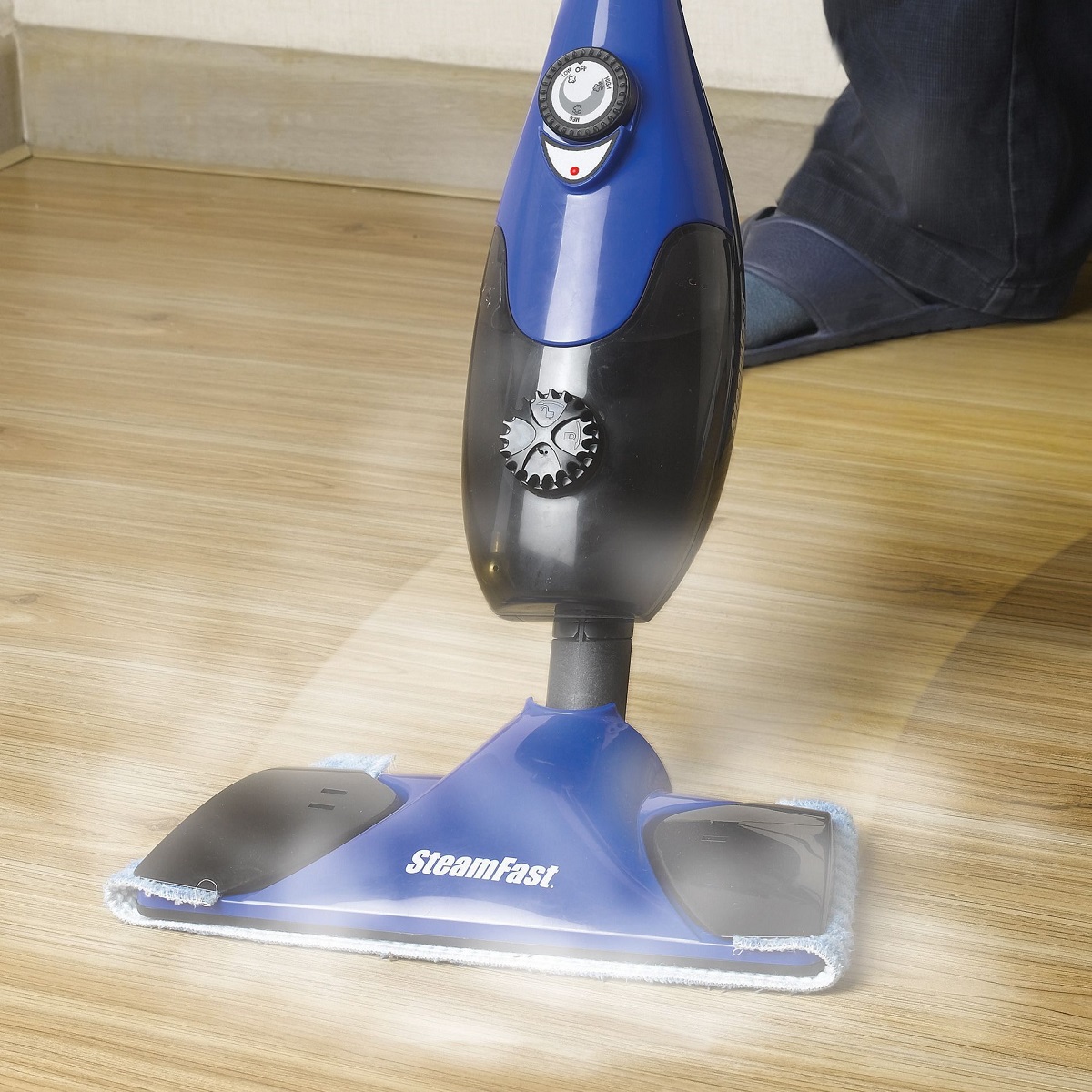
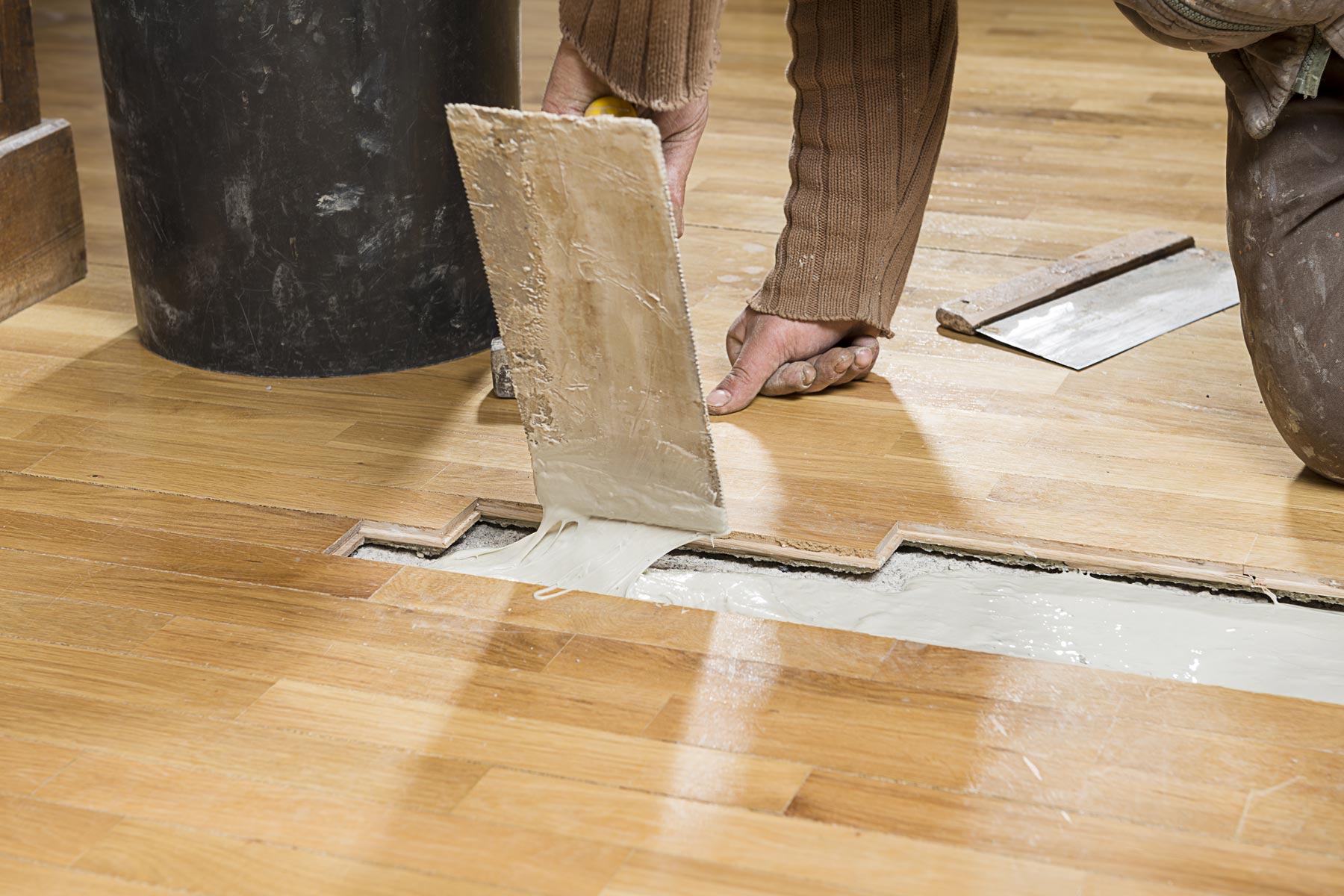

0 thoughts on “What Is The Best Wood Floor Cleaner”